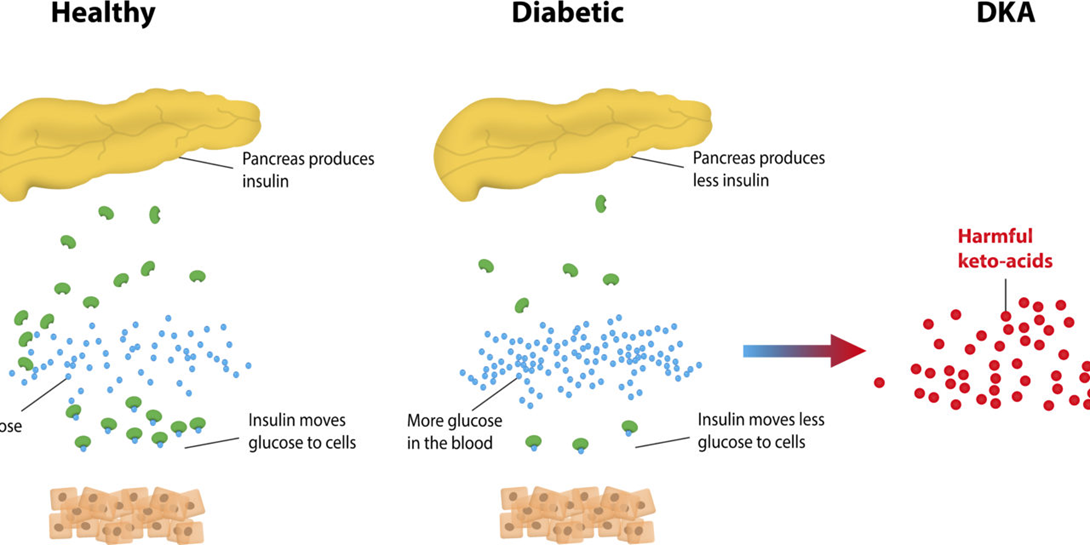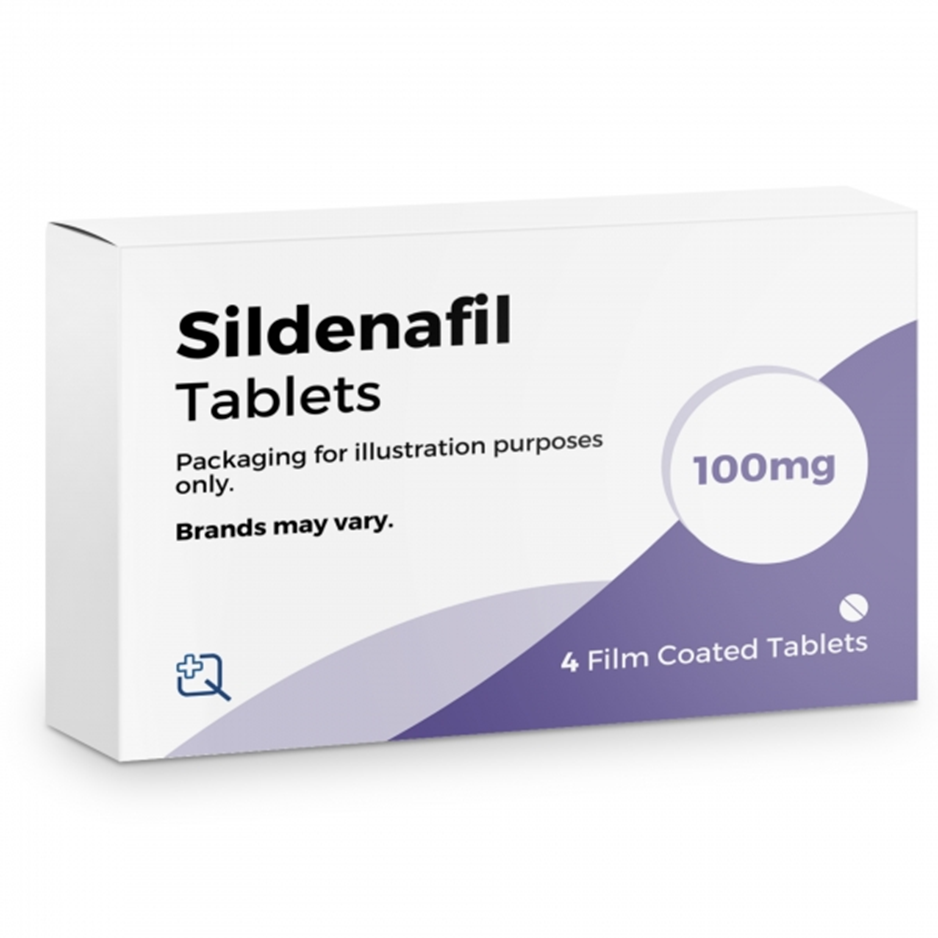A nurse is caring for an adolescent client who has a long history of diabetes mellitus and is being admitted to the emergency department confused, flushed, and with an acetone odor on the breath. Diabetic ketoacidosis is suspected. The nurse should anticipate using which of the following types of insulin to treat this client?
Insulin glargine
Regular insulin
Insulin detemir
NPH insulin
The Correct Answer is B
Choice A reason: Insulin glargine is not the type of insulin to use for diabetic ketoacidosis, as it is a long-acting insulin that has a duration of 24 hours and no peak effect. It is used to provide basal insulin coverage and prevent hyperglycemia.
Choice B reason: Regular insulin is the type of insulin to use for diabetic ketoacidosis, as it is a short-acting insulin that has an onset of 30 to 60 minutes and a peak of 2 to 4 hours. It is used to lower the blood glucose level rapidly and correct the acidosis.

Choice C reason: Insulin detemir is also not the type of insulin to use for diabetic ketoacidosis, as it is a long-acting insulin that has a duration of 12 to 24 hours and no peak effect. It is also used to provide basal insulin coverage and prevent hyperglycemia.
Choice D reason: NPH insulin is also not the type of insulin to use for diabetic ketoacidosis, as it is an intermediate-acting insulin that has an onset of 2 to 4 hours and a peak of 4 to 12 hours. It is used to provide intermediate insulin coverage and prevent hyperglycemia.
Nursing Test Bank
Naxlex Comprehensive Predictor Exams
Related Questions
Correct Answer is B
Explanation
Choice A reason: Antibiotics are not likely to interact with corticosteroids, unless they are aminoglycosides, which can increase the risk of hypokalemia. However, most antibiotics do not affect the metabolism or efficacy of corticosteroids.
Choice B reason: Nonsteroidal anti-inflammatory drugs (NSAIDs) can interact with corticosteroids, as they both have anti-inflammatory and immunosuppressive effects. This can increase the risk of gastrointestinal bleeding, ulceration, and perforation. Therefore, the nurse should monitor the patient for signs of bleeding and advise the patient to avoid taking NSAIDs with corticosteroids.
Choice C reason: Opioid analgesics are not likely to interact with corticosteroids, unless they are codeine, which can decrease the clearance of corticosteroids. However, most opioid analgesics do not affect the metabolism or efficacy of corticosteroids.
Choice D reason: Antidepressants are not likely to interact with corticosteroids, unless they are monoamine oxidase inhibitors (MAOIs), which can increase the risk of hypertension and hypertensive crisis. However, most antidepressants do not affect the metabolism or efficacy of corticosteroids.
Correct Answer is D
Explanation
Choice A reason: This is incorrect because sildenafil and nitrates do not affect each other's effectiveness, but rather their side effects. Sildenafil is a phosphodiesterase-5 inhibitor that enhances the effect of nitric oxide, which causes vasodilation and increases blood flow to the penis. Nitrates are vasodilators that also increase nitric oxide levels and reduce the workload of the heart.
Choice B reason: This is incorrect because sildenafil and nitrates do not cause a significant increase in pulse rate, but rather a decrease. This is because the vasodilation caused by both drugs lowers the blood pressure and the cardiac output, which reduces the heart rate.
Choice C reason: This is incorrect because sildenafil and nitrates do not increase the risk of bleeding, unless they are combined with other drugs that affect the blood clotting process, such as anticoagulants or antiplatelets.
Choice D reason: This is correct because sildenafil and nitrates can cause a significant decrease in blood pressure when taken together, as they both cause vasodilation and increase nitric oxide levels. This can lead to hypotension, dizziness, fainting, or even a heart attack or stroke. The patient should avoid taking sildenafil and nitrates within 24 hours of each other.

Whether you are a student looking to ace your exams or a practicing nurse seeking to enhance your expertise , our nursing education contents will empower you with the confidence and competence to make a difference in the lives of patients and become a respected leader in the healthcare field.
Visit Naxlex, invest in your future and unlock endless possibilities with our unparalleled nursing education contents today
Report Wrong Answer on the Current Question
Do you disagree with the answer? If yes, what is your expected answer? Explain.
Kindly be descriptive with the issue you are facing.
